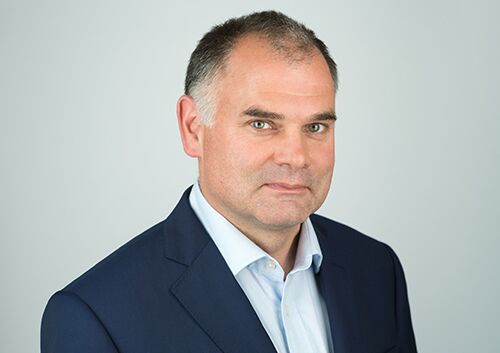Another year. Another article.

By nature, I’m future focused. It pays to be in technology. If you’re looking backwards, it’s likely you’re going backwards.
So, when I stopped future gazing for a moment and was forced to ponder how long ago it was that the FCA pulled the proverbial rug out from the previous regulatory framework and introduced the much discussed and much debated Consumer Duty, I was surprised to note it was a year – almost to the day.
All firms were required to comply with the principles that govern this game-changing piece of regulation by 31st July 2022. A point in time where we still had a Conservative Government (although I’ve lost track of which Prime Minister) and were still enjoying summery weather, well – kind of anyway.
So, it got me a thinking. The year since implementation of what will forever be known as just ‘The Duty’ (to me, only…) has seen much, profound change and the UK financial services market is no exception. But has this change been as a direct result of The Duty? Now seems like an ideal time to reflect on this question and make some predictions for the future.
Whilst it wasn’t like we didn’t know it was coming. There was the pre-implementation period, where firms, along with an army of consultants, translated what it meant and what steps they would need to take to comply and to thrive.
Then there was what I call a ‘proof planning’ phase. Firms had developed their strategy and how they intended to respond, but Consumer Duty was also a clear shift to evidence based, data proven regulation. Firms needed to build a framework of data and evidence to prove how they had delivered against their strategy.
Finally, and perhaps most importantly, it is about embedding a true customer focused culture throughout all firms. I’ve been around the industry long enough
to know that the vast majority of the market works in the best interests of their customers – some of them just need to ‘show their working out’ to quote my old maths teacher. All firms for example, now need to be able to prove that they offer fair value to their customers throughout their relationship.
So, with these key outcomes in mind – I reflect, has there been a discernible change which indicates that the required shift has taken place in the past year?
I think so, yes. There are a number of indicators which indicate that firms across the spectrum are embracing both the duty in practice and in spirit. Here’s a few examples.
First, we’ve seen a big increase in demand from both distributors and providers for data that help them prove their Consumer Duty strategy is working to plan. The types of data they’ve requested has varied (more on that below) but the intention is clear.
We’ve also seen changes to the type of data requested. The core of our data business has always been supplying the most comprehensive pricing data to help providers deliver and manage their protection pricing strategies
– this hasn’t wavered, but we have seen demand grow into other areas of insight. Providers are clearly trying to understand in greater depth where and how their products are performing. They are more focused on closely monitoring effective product targeting and segmentation.
In terms of said adviser behaviour, we have noticed a trend develop and continue of advisers who are less likely to recommend simply the cheapest cover. Yes, price still remains the key factor driving the majority of recommendations, but we watch with interest the move towards assessing quality and value too. Of course, the cheapest premium and the best value often go hand in hand.
Can we pin all these changes solely on The Duty, no. But has it had an impact on market thinking, behaviour and therefore consumer outcomes, yes. I’m sure it will continue to do so.
As a final thought, it is interesting to note how the duty has changed the adviser mix recommending protection. This is an area we have a keen interest in, we’ve been monitoring portal traffic to better understand where protection advice comes from and where growth in the market can be stimulated. Is it through mortgage advice, protection specialists or generalist financial planners?
But sadly, that’s another story for another article. I’ve got my own duty to maintain – a duty to the wordcount.
























